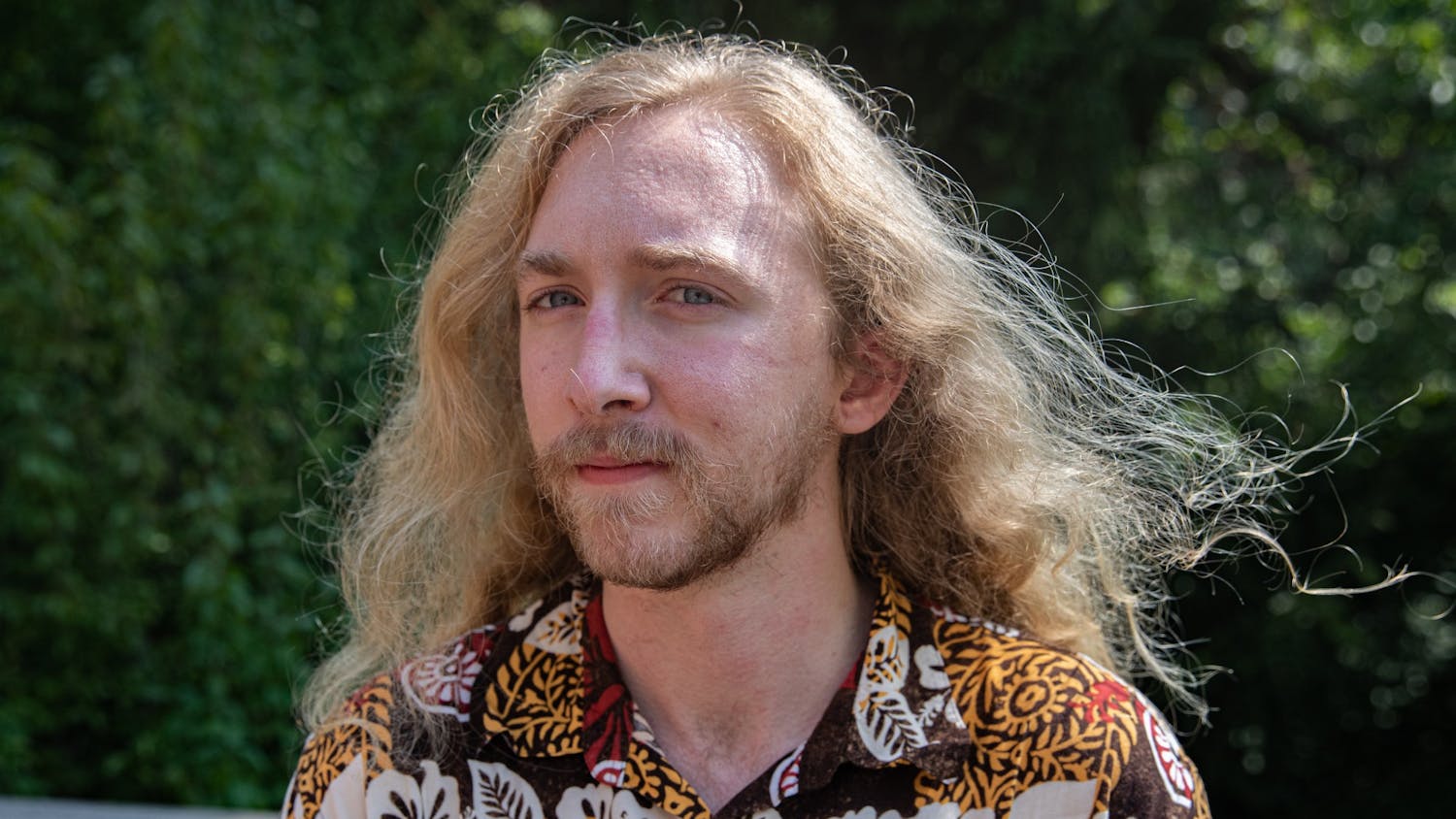In 2017, the film “Logan” premiered in cinemas. A bookend to the “X-Men” series, the film became the moving story of a father and daughter as they search for opportunities in a post-apocalyptic America. The challenges they face forge their bond and push the characters towards growth.
The film’s narrative choice of pairing the pessimistic mentor of Logan and optimistic pupil of X-23 is not a new idea. This has been an element in narratives for a long time, but has recently captured the mind of the current culture. It’s something akin to a bildungsroman, which engages in a coming-of-age dynamic through generational dialogue.
In Hollywood films, we see the pairing of a master and a novice on a quest often. A popular example is “Up,” in which the tenuous friendship of Carl and Russell sparks a bond between the two as Carl rediscovers his lost love of adventure and Russell finds a new parental figure.
In literature, we have Cormac McCarthy’s “The Road,” in which abject nihilism drowns out any hopes for a future. The seeds of the man and child have taken root in franchises like the “The Last of Us” and comic “Sweet Tooth.” But why this story structure?
The inspiration could be traced back to the manga “Lone Wolf and Cub.” The manga follows Rōnin and his son on a quest for survival and eventually revenge in Edo era Japan. The imagery of the comic has often been the subject of pop cultural parody and homage. The visual language of “The Mandalorian” in particular pays loving homage to the famous manga.
The story of a traveler carrying an important child is also a recurring image within Christian canon. One example is the story of Saint Christopher who carried travelers across a river to avoid the deep waters. One of these travelers is the Christ child, whose weight is equal to that of the world.
Here we see common themes appearing across these stories, stories like revenge, survival and world shaping become recurring images throughout these narratives. “Logan,''for one, demonstrates all three elements. But, there is a deeper narrative purpose to the telling of these stories, and to understand, one has to play “God of War.”
“God of War” (2018) is the Nordic reboot of the classic PlayStation hack and slash that changed its protagonist from an antagonistic to an apathetic father. You follow the journey of the protagonist and son across the two games as they are pulled into a war of the gods. The epic story is full of deep moments of humanity.
One of the most notable moments comes in the sequel “God of War Ragnarök.” The climax of a mission leaves our protagonists, Kratos and Atreus with some pause. Kratos, in a rare break of character, takes a seat as he reflects on the events that have transpired and speaks openly to his son, Atreus, about his feelings of being lost without him.
Atreus in turn expresses a similar feeling, as he has often been guided by the lessons of his father. In the rare moments he is alone, his father’s voice becomes a way to look at the situation in new ways, to rethink his approach to life. The exchange ends with each character promising to follow each other’s voice, even when they are gone.
The message of these stories becomes clear, these stories are not solely about revenge, survival or even world shaping events. They are about the relationships we create. They are the bonds that form between us and the ways that we impart lessons to each other.
Engaging with these stories of these washed up mentors and rogues is not an exercise in anti-hero worship, but a lesson in growth. Even in our most stubborn moments, we must find time to speak to one another, engage in a dialogue and grow.
Benjamin Ervin is a senior studying English literature and writing at Ohio University. Please note that the views and opinions of the columnists do not reflect those of The Post. Want to talk more about it? Let Benjamin know by emailing him be425014@ohio.edu.




